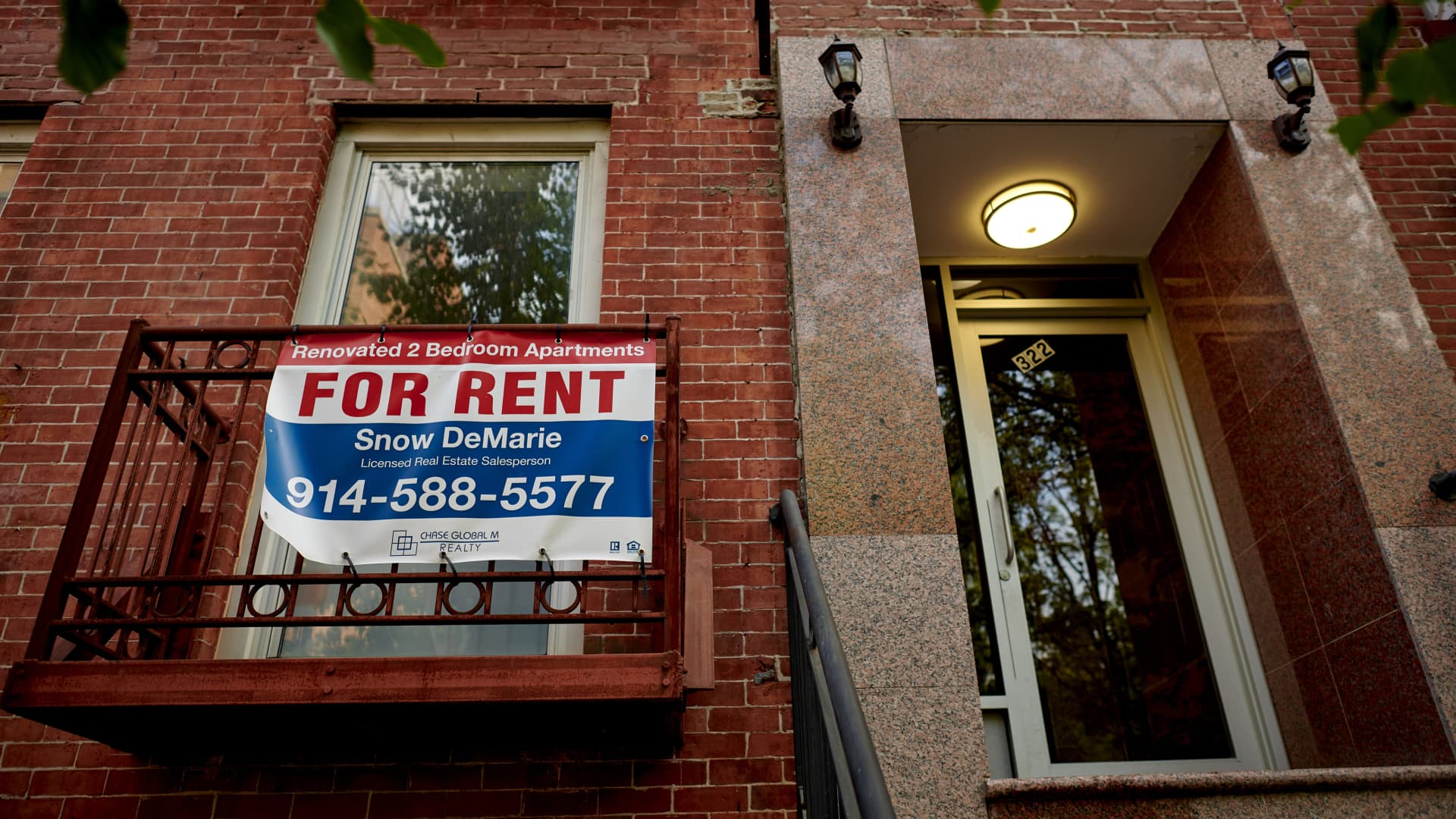In December 2022, $1,981 was the typical monthly rent in the United States — a 7.4% increase from the year prior. But while rent has begun to stabilize nationwide, rent affordability remains difficult for many Americans.
“There’s literally nowhere in the country where a tenant is not burdened by their rent,” according to Leah Simon-Weisberg, an adjunct professor of law at UC San Francisco.
In response, support for rent control policies has gained traction.
But this isn’t the first time such policies have had widespread support. After the massive economic disruption caused by World War II, the federal government imposed rent control on roughly 80% of rental housing between 1941 and 1964.
Over time, it was abandoned because prominent economists unanimously argued against the policy. That sentiment mostly continues today.
“There are various surveys of economists. One done by IMG showed that only 2% thought that rent controls in places like New York and San Francisco were having a positive impact on affordable housing,” said Jay Parsons, chief economist at RealPage.
Economists argue that rent control would deter developers from building more homes, which would only worsen the housing supply crisis in the United States.
America already suffers from a deficit of 3.8 million homes, especially at low-income price points, according to Habitat for Humanity.
“We have not invested as a nation in building the supply of housing in a variety of communities, in a variety of different price points. We’ve instead relied on the private sector to do so,” said Sharon Wilson Géno, president of the National Multifamily Housing Council. “But unless that money comes into the market and investors see that as a better investment than some other kind of equity or some other kind of investment, they’re not going to come.”
Watch the video to find out why so many economists are against the idea of widespread rent control.
